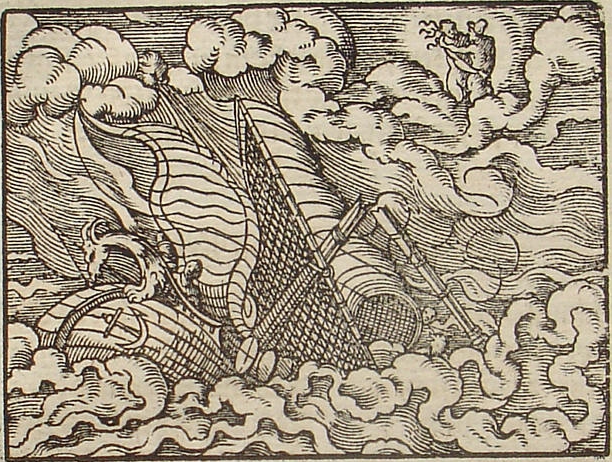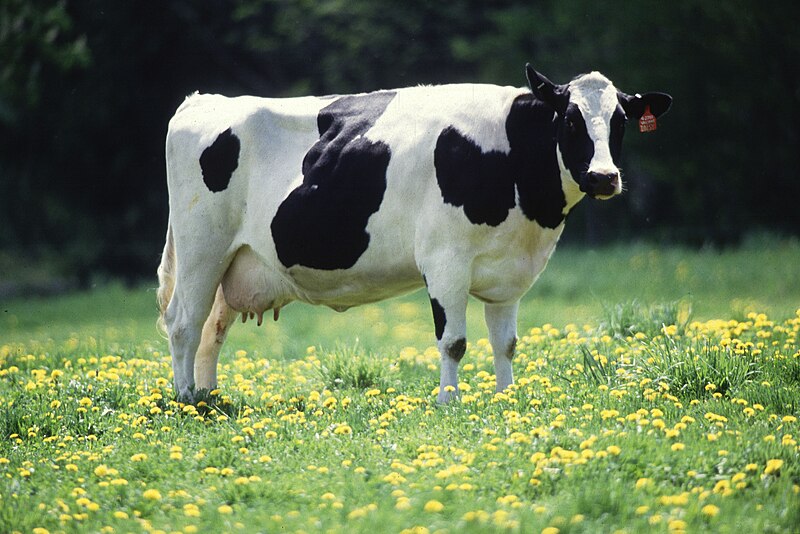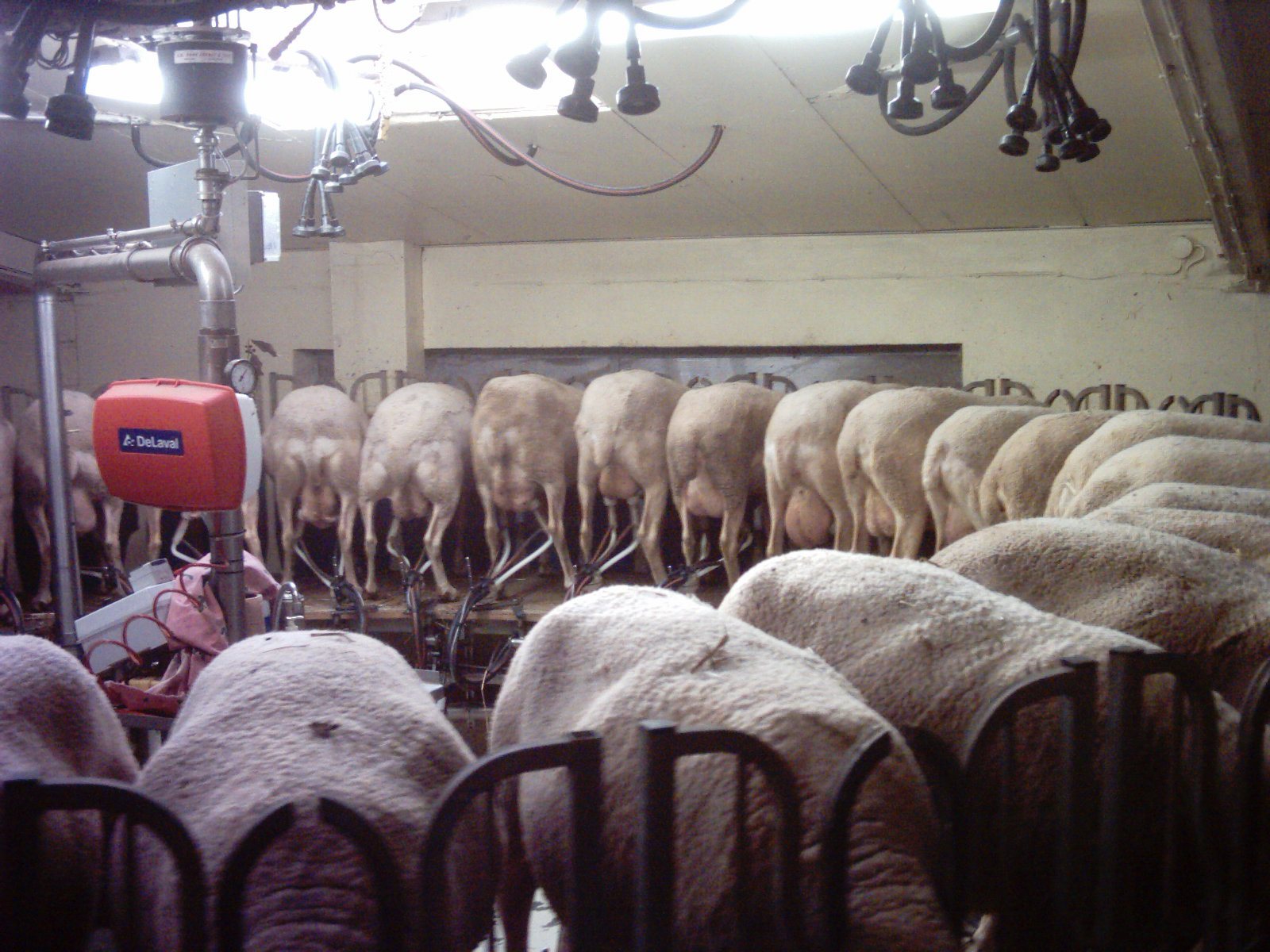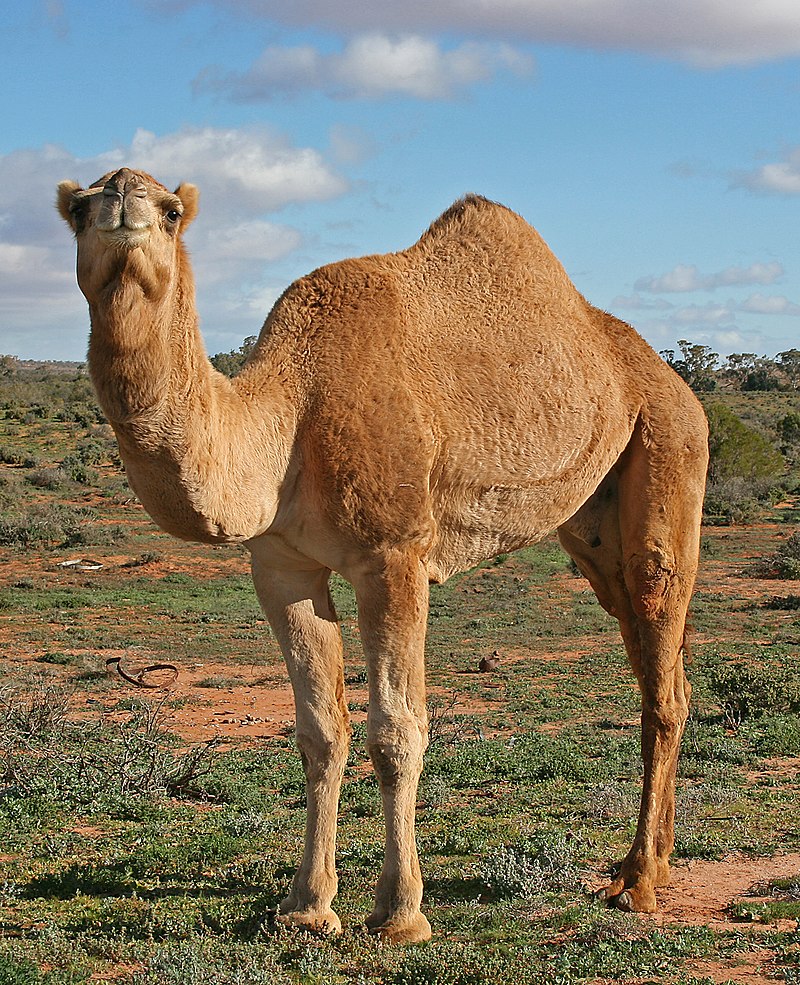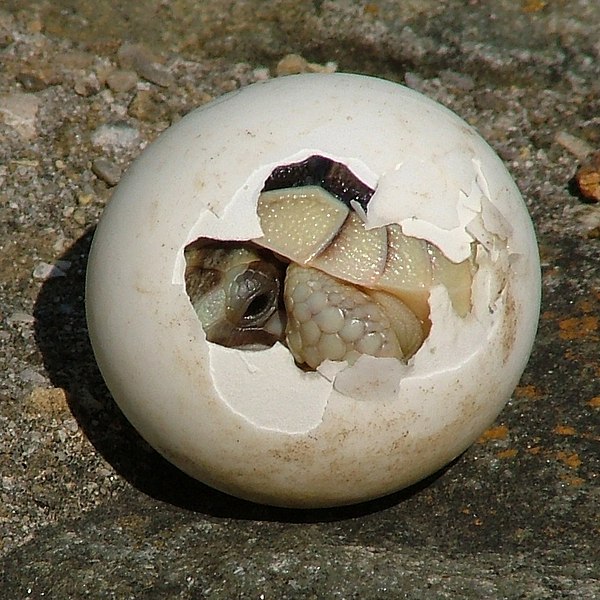There are about four hundred and forty species of menispermaceous plants to be found in temperate, sub-tropical, tropical and desert regions. They provide the poison-dart substance curare, and from curare we get Tubocurarine, which is used to relax muscles during surgery. Other menispermaceous plants are used for stomach problems including dystentery, and as a yellow fabric dye.
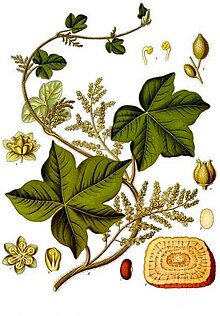
Jateorhiza palmata from Köhler's Medizinal Pflanzen 1887.
Ah well...
...it's still good for a snigger, though, isn't it.
Word To Use Today: menispermaceous. This word comes from the Greek mēnē, moon, and sperma, seed.










